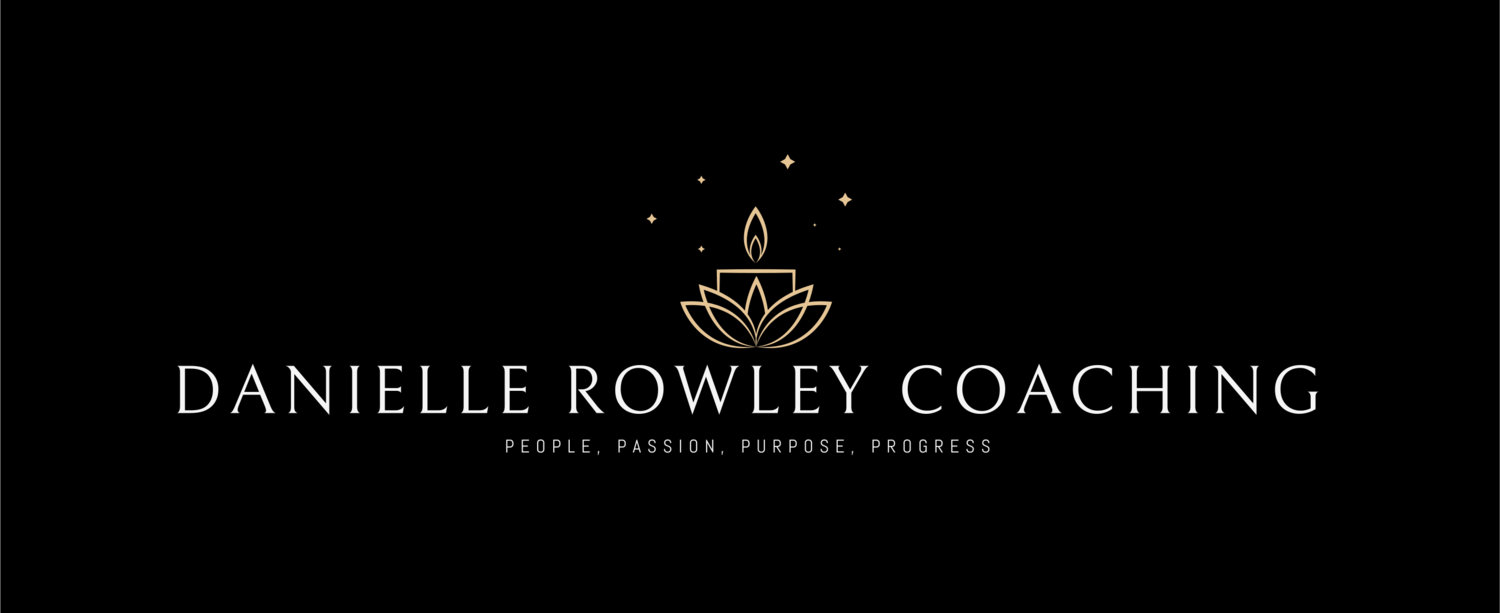The Power of Saying No
Protecting Your Mental Health and Well-Being from Manipulative Relationships
In our journey through life, we often encounter individuals who seek to use us for their own pleasure, guilt, or sadness.
These relationships can be draining, manipulative, and ultimately detrimental to our well-being. Learning to say "no" to such people is crucial for maintaining our mental health, self-respect, and happiness.
Firstly, it's essential to recognise the signs of being used. People who use you for their pleasure often show up only when they need something, whether it's attention, favours, or physical satisfaction. They rarely reciprocate or show genuine interest in your life.
Similarly, those who use guilt to manipulate you often play the victim, making you feel responsible for their happiness or well-being. They rely on your empathy to control your actions.
Lastly, individuals who use your kindness to soothe their sadness without trying to improve their situation can also be draining. They may constantly offload their emotional burdens onto you, expecting you to carry the weight of their sorrows.
Saying "no" to these individuals is difficult, especially if you care about them. However, it is necessary for your self-preservation. Begin by setting clear boundaries.
Communicate your limits firmly and kindly. For instance, you might say, "I value our relationship, but I need to prioritise my well-being right now. I can't always be available to help you with your problems, but I'm here to support you in finding solutions." This conveys your care for the person while asserting your need for space and offering a supportive alternative. It's important to understand that saying "no" does not make you a wrong person. It simply means you are valuing yourself and your time. Often, people who use others rely on their inability to refuse requests.
They know how to push your buttons and make you feel guilty or obligated. By saying "no," you are breaking this cycle of manipulation. Building self-confidence is a critical component in this process.
Trusting your instincts and believing in your worth empowers you to stand up against those who seek to exploit you.
Practice self-affirmation techniques, such as positive self-talk and mindfulness, to reinforce your confidence. Remember, you deserve to be treated with consideration and kindness.
Furthermore, surround yourself with supportive and genuine people. Healthy relationships are reciprocal and nurturing. They encourage growth, mutual respect, and understanding. When surrounded by positive influences, it becomes easier to recognise and distance yourself from toxic individuals. It's also helpful to have a support system.
Confide with friends, family, or a therapist about your experiences. They can offer valuable perspectives and reinforce your decision to set boundaries. Hearing an outsider's viewpoint can clarify situations and validate your feelings.
Lastly, practice self-care. Engage in activities that bring you happiness and peace. These could include reading a book, taking a walk in nature, spending time with loved ones, or enjoying leisure activities like yoga, swimming, or pilates. The key is to find activities that rejuvenate you and bring you joy.
Self-care replenishes your energy and strengthens your resolve to maintain healthy boundaries. It's not a luxury but a necessity in self-preservation and well-being. In conclusion, saying "no" to people who use you for their own pleasure, guilt, or sadness is an act of self-love and respect. It requires recognising toxic patterns, setting firm boundaries, and building self-confidence. This recognition is not a sign of weakness but a decisive step towards taking control of your life.
Surround yourself with genuine relationships and prioritise self-care. By doing so, you create a healthier, more fulfilling life for yourself, free from the drain of manipulative individuals. Remember, you have the right to protect your peace and well-being. It's not a privilege, but a fundamental right.


